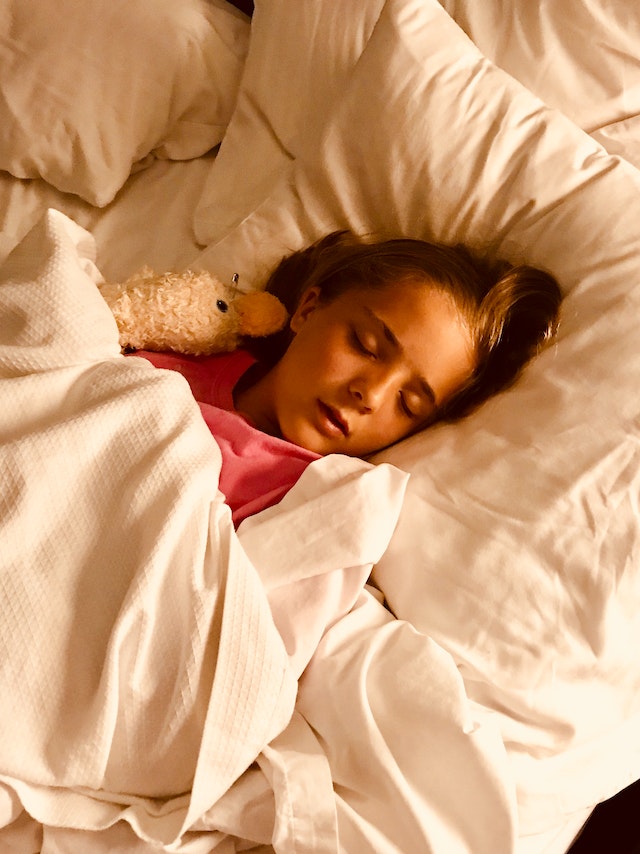Has your little princess started putting on makeup lately? Is your kid always busy looking for cosmetics in your bag? If yes, you are not alone. Kids notice when their parents get ready, put cream or foundation on the face, and then they try to copy it. While it can be difficult to control your kid, it is important to know that the cosmetics industry doesn’t make products keeping your health in mind. Most products in the cosmetic industry use harmful chemicals that could be a major concern if children use these products.
Makeup, haircuts, and fashionable apparel are examples of areas in parenting where there are no black and white answers. When it comes to the cosmetics that will be used, every parent must determine the bounds and restrictions.
Why Makeup Is Harmful To Kids?
It is critical that your child does not use these makeup products at such a young age. Here are the reasons why:
They Are More Vulnerable To Toxic Substances
Studies have shown that the absorption rate in children is at least 10 percent higher as compared to adults due to their faster metabolism. So, if they apply lipstick with dangerous chemicals, their skin will immediately absorb it, and the effects might become evident in the future. Simply put, applying makeup products on the skin of your kids will make them vulnerable to toxic material.
A Child’s Skin Is More Sensitive
Children have thinner skin as compared to an adult and have lower barrier function than adults. The function of the skin barrier is to keep retain the moisture while keeping harmful materials out is referred to as the “barrier function.” Also, studies suggest that children’s skin is less equipped to defend itself against irritants.
Some Makeup Products May Cause Dryness And Itchiness
With constant use, makeup products can cause dryness, itchiness, redness, and irritation to the skin. It can permanently harm the skin’s barrier and structure of the skin, causing it to be more sensitive to even water. Allowing your child to wear makeup may cause teenage acne later, especially due to insufficient product removal combined with unhygienic behaviors that can clog pores and spread bacteria.
How To Avoid An Infection From Makeup?
Cosmetic labeled natural or organic might not hold to the standards as most parents might think. So, you make sure you shop for products that contain the fewest ingredients. With that in mind, here are some tips to help you deal with it:
- Make sure that you read the ingredients carefully before buying makeup products
- Do a patch test before applying the makeup to your kid’s skin
- Avoid using makeup if it smells bad as it could be contaminated
- Do not store makeup in a warm or moist place
![]()











